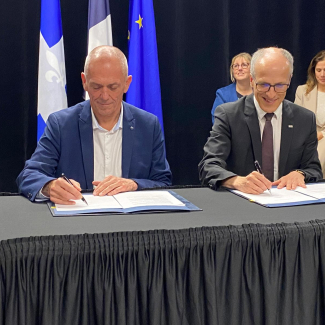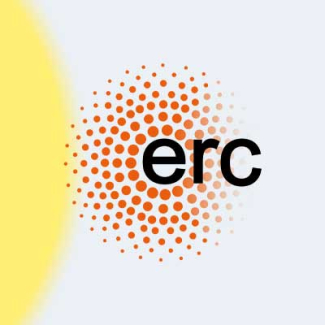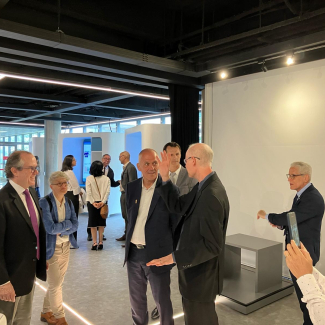
"Depriving ourselves of foreign talent would be a drastic error"
Antoine Petit, Chairman and CEO of the CNRS, reaffirms the role of international collaboration in research.
The CNRS hosts nearly 29,000 students completing a doctoral thesis in its laboratories. The vast majority of them are compensated, most often by the universities with which we share these laboratories.
Attracting this talent involves considerable international competition, as it is essential to producing knowledge and to holding the most skilled positions in the future within both the public and private sectors, positions that are of great need to everyone ranging from research organisations and universities to private research and development centres and government administrations.
Today 40% of these PhD students are not of French nationality, and only one out of every five remains in France to work once their PhD is complete. The remainder return to their country or go elsewhere after developing a network of collaborators, which is useful for both them and their colleagues who stayed in France. While the “brain drain” is often presented as involving individuals trained in France going abroad, it actually works in both directions, with France being an attractive country. This attractiveness is first and foremost related to the quality of our research, our laboratories, and our researchers. Yet it is also connected to France’s image, to its ability to make students want to come here—talented students who can pick among the world’s best institutions.
Of course we could deprive ourselves of this external contribution by not understanding—or pretending not to understand—everything it provides. This would be a drastic error that over time would hurt France’s global image and position as a major scientific and economic country, as well as our ability to re-industrialize and ensure our sovereignty.
We should be careful, for once the wrong messages are conveyed, and France assumes an unappealing image for students in general and PhD students in particular, it will be very lengthy, difficult, and uncertain to put things right. This degraded image will damage all of our international scientific cooperation efforts, which are nevertheless indispensable to being and remaining an important scientific and economic power.


